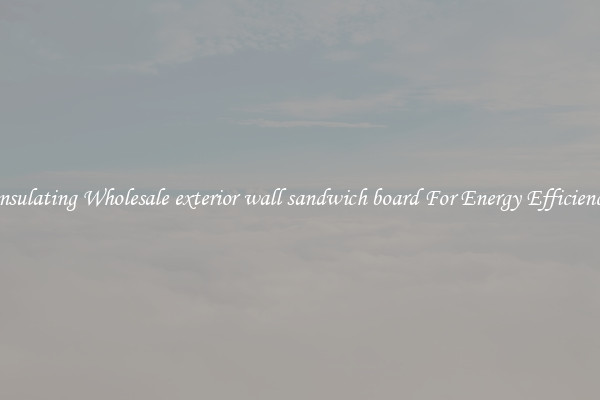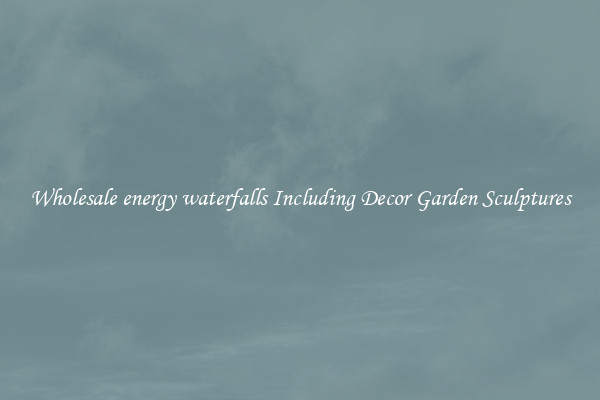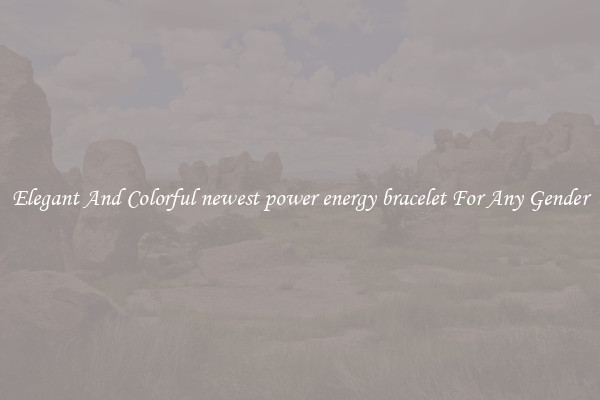Insulating Wholesale chinese hardwood paneling For Energy Efficiency
Insulating Wholesale Chinese Hardwood Paneling for Energy Efficiency
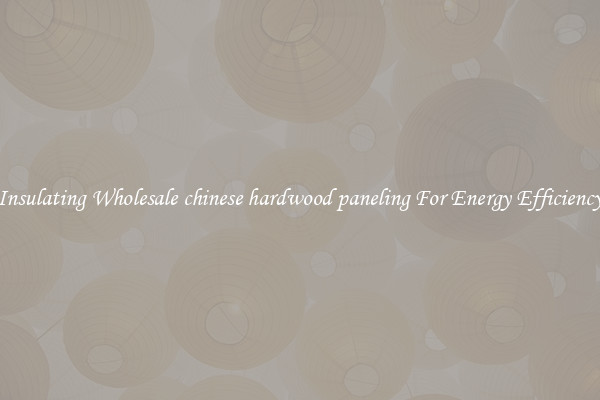
In the pursuit of energy efficiency, it is crucial to consider every aspect of a building's construction. One often overlooked element is the insulation of wood paneling, specifically wholesale Chinese hardwood paneling. Insulating these panels not only enhances the aesthetic appeal but also plays a vital role in reducing energy consumption and saving money in the long run.
Chinese hardwood paneling is a popular choice for homeowners and businesses due to its durability, elegance, and versatility. However, without proper insulation, these panels can allow heat to escape during colder weather or enter the building during warmer months. This can result in increased energy usage to maintain a comfortable indoor temperature.
Insulation is the key to preventing heat transfer through the paneling. By installing insulation materials behind the wholesale Chinese hardwood paneling, the thermal conductivity of the building envelope is greatly reduced. This means that the panels will help keep the interior temperature stable, regardless of the weather conditions outside.
There are several insulation options available for wholesale Chinese hardwood paneling. One widely used material is mineral wool insulation, which is made from rock or slag. Mineral wool insulation is highly effective at trapping air pockets, minimizing heat transfer, and providing excellent soundproofing qualities.
Another option is using foam board insulation, such as expanded polystyrene (EPS) or extruded polystyrene (XPS). These boards are easy to install and have high R-values, making them efficient at reducing heat transfer. Foam board insulation is also resistant to moisture, preventing water damage to the paneling.
For a more eco-friendly approach, natural fiber insulation, like sheep's wool or cotton batts, can be used. These materials have good insulation properties and are biodegradable, making them a sustainable choice for wholesale Chinese hardwood paneling.
Proper installation is crucial to ensure the insulation's effectiveness. The insulation should be tightly sealed against the backside of the paneling, ensuring no gaps or air leaks. This will guarantee that there is no loss of energy due to thermal bridging.
By insulating wholesale Chinese hardwood paneling, energy efficiency is significantly enhanced. Insulated panels help reduce heating and cooling demands, resulting in lower energy bills and a reduced carbon footprint. Additionally, maintaining a consistent indoor temperature throughout the year enhances comfort and well-being for occupants.
When considering wholesale Chinese hardwood paneling, it is essential to factor in the long-term benefits of insulation. Not only does it improve energy efficiency, but it also adds value to the property and enhances the overall aesthetic appeal. Ultimately, insulating hardwood paneling ensures a more sustainable and energy-efficient building for years to come.

View details
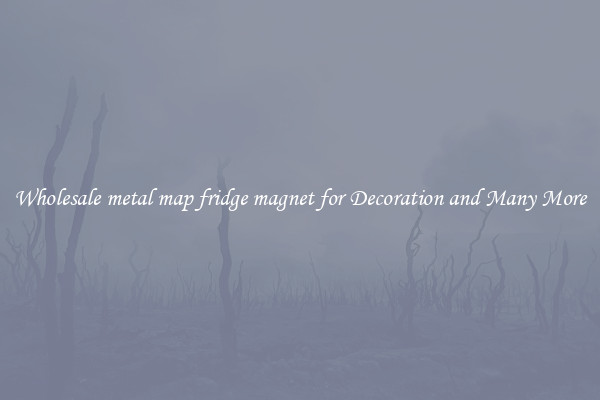
View details

View details

View details
